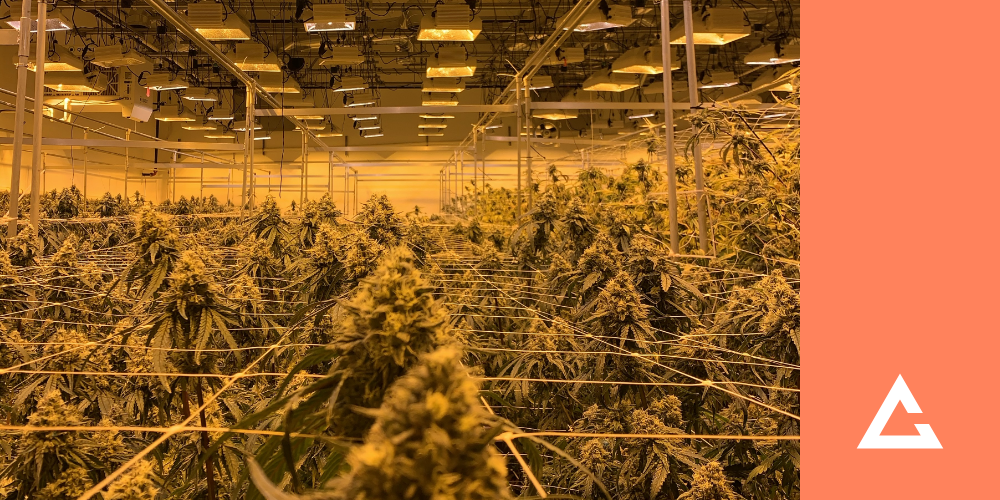Craft Grower Extension Marks Minor Relief For Aspiring Illinois Operators

Illinois often receives praise for its efforts to establish its legal cannabis market coupled with adequate social equity parameters. Be that as it might, the state has run into numerous hurdles in recent years, stymying the efforts. The circumstance is far from unique in cannabis, where most states struggle to roll out its legal market. Illinois' struggles have been on full display in several forms in recent years. Craft cannabis has been one area of particular back and forth.
Craft cannabis is often tied into another admirable-yet-often-stumbling effort in the state's cannabis program: social equity.
While trying to create a slice of restorative justice for those most affected, the program hasn't always lived up to goals and expectations. Licenses have been slow to roll out, with the most recent wave of 40 craft permits granted in 2021 after a long delay. Most of the licenses went to equitable applicants. However, the moment was underscored by concerns over so-called limited cultivation canopies, set at 5,000 square feet.
The shortcomings aren't always placed at the feet of the operators and program heads. In recent years, Illinois and every other program have had to contend with the impact and ongoing ripple effects caused by the COVID-19 pandemic. Lawsuits regarding social equity parameters are also ongoing.
The current circumstances left some to call the industry 'bleak' as it headed into 2023. A glimmer of hope came recently when the Illinois Department of Agriculture extended the window for craft growers to open their shops. Just a few days before its March 1 deadline, the Agriculture Department, overseeing craft licenses, extended the window to February 1, 2024.
News of the extension relieved many of the state's aspiring craft operators. Still, the decision marks an admission that stumbling blocks have held up the program's promises. All told the craft market continues to operate in small sums. As of March 3, just two of the 88 licensed craft grow operations had opened.
Select growers told WBEZ Chicago that the extension has yet to do much to sway the minds of reluctant investors. Operators believe that investors are hesitant to enter a market where canopy caps and other rules have created an "unpredictable structure."
The incremental progress made by the extension highlights a struggle shared across most US markets. Operators continue to lobby their local and state leaders for regulatory changes. Citing ongoing struggles, brands need help finding investors, turning profits, and reaching other milestones on the way to business success.
What, if any, additional relief comes remains to be seen. While some have regarded Illinois as a market striving for success, more could help establish the craft market, thus propelling its social equity efforts.